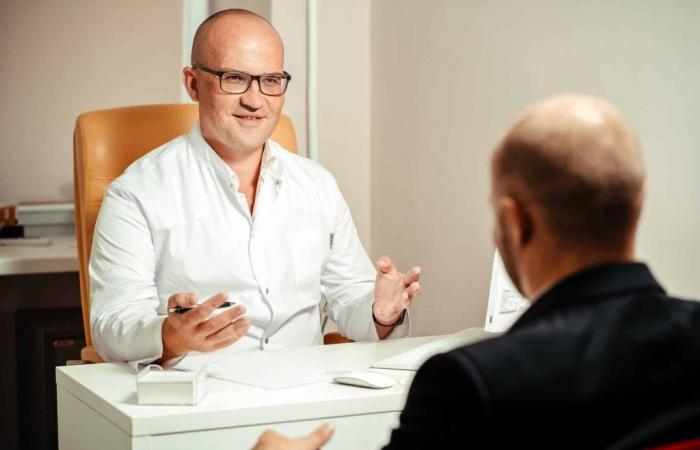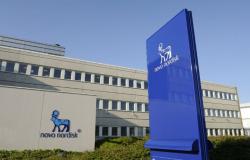In Auvergne-Rhône-Alpes, 15% of inhabitants live in an area under-resourced with general practitioners. This is the conclusion of an INSEE study from December 2024 on accessibility to a doctor in the regional territory. The problem of medical deserts is particularly serious in rural areas, where the difficulty of being able to consult a general practitioner affects even one in three inhabitants. A situation which, far from improving, is deteriorating.
Rural areas are particularly affected by the lack of general practitioners, without being the only ones. DR
The most affected departments? Ain, Ardèche and Allier, notes the INSEE study, which establishes its calculations based on “ number of potential consultations per year and per inhabitant “. This stands at 2.7 for Ain and 3.1 for Ardèche and Allier, while the regional average is 3.7. By comparison, Isère displays 3.8 potential consultations per year and per inhabitant, while the departments of Rhône and Savoie stand out with, respectively, “scores” of 4 and 4.3.
Disparities also exist, unsurprisingly, within the departments themselves. INSEE emphasizes that areas located within well-resourced intermunicipalities may thus experience a shortage of doctors. “ This is for example the case between La Mure and Chamrousse, south of Grenoble, [ou] between Crémieu and Morestel in Nord-Isère », note the statisticians.
Concerning the Grenoble Metropolis, the number of potential consultations stands at 4.5. A good figure on the scale of the Aura region… but far behind the 5.9 in Bordeaux or the 5.8 in Strasbourg.







